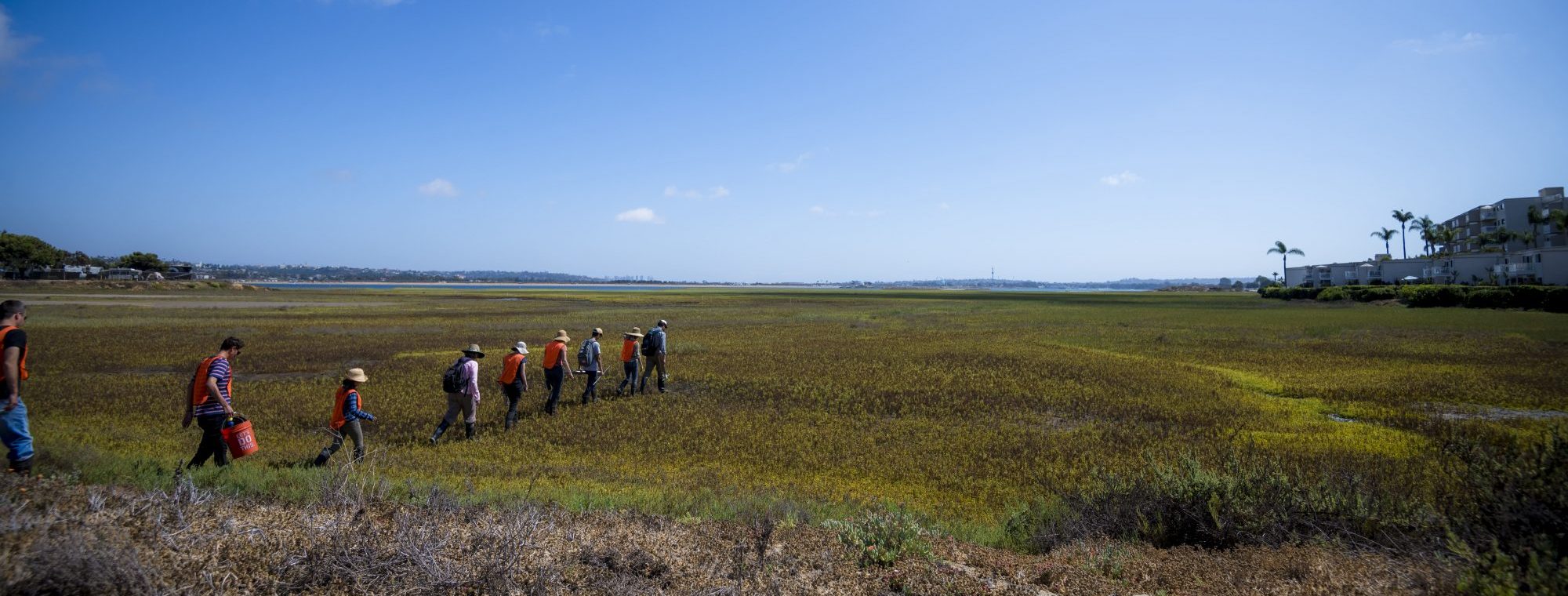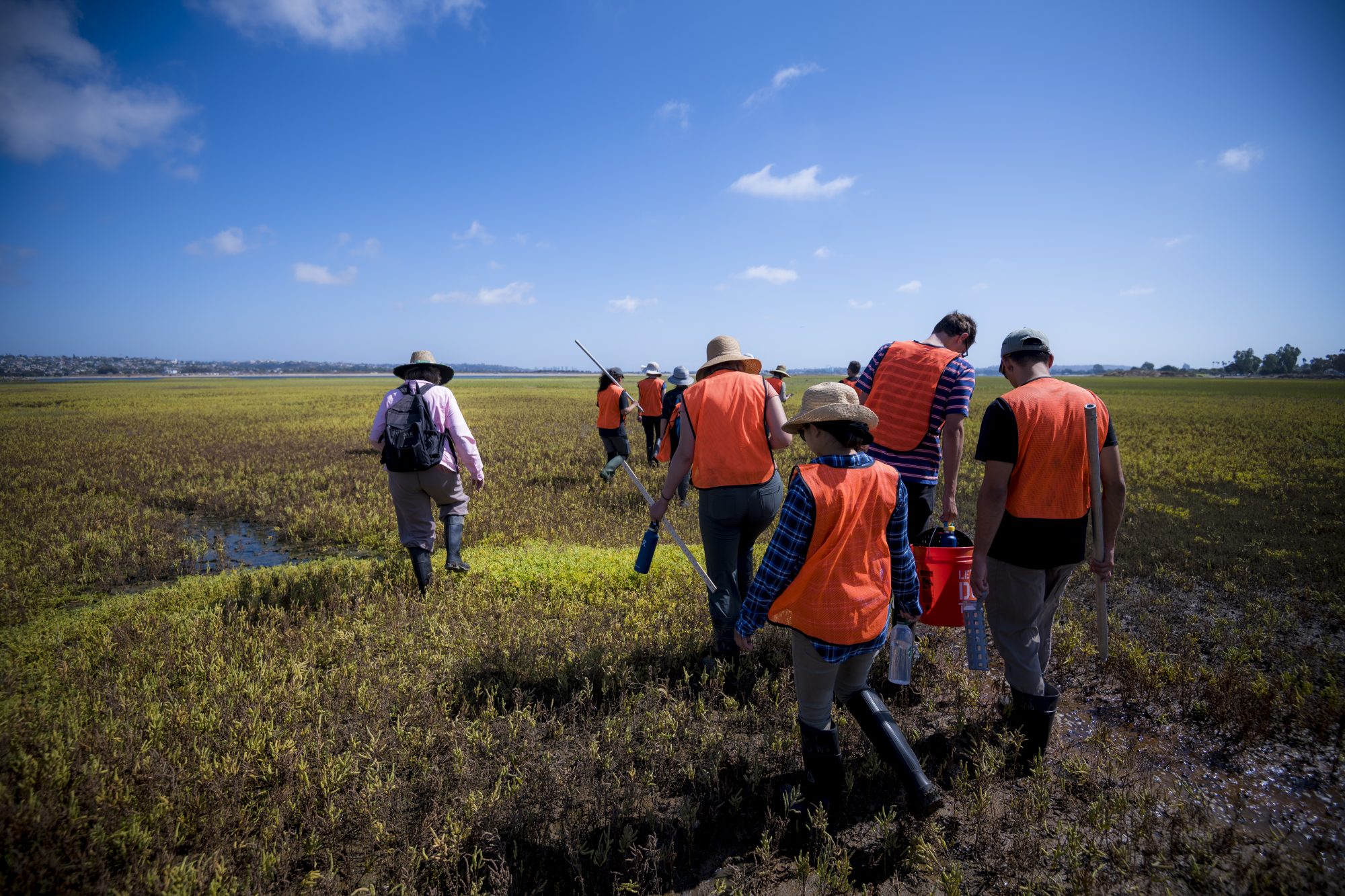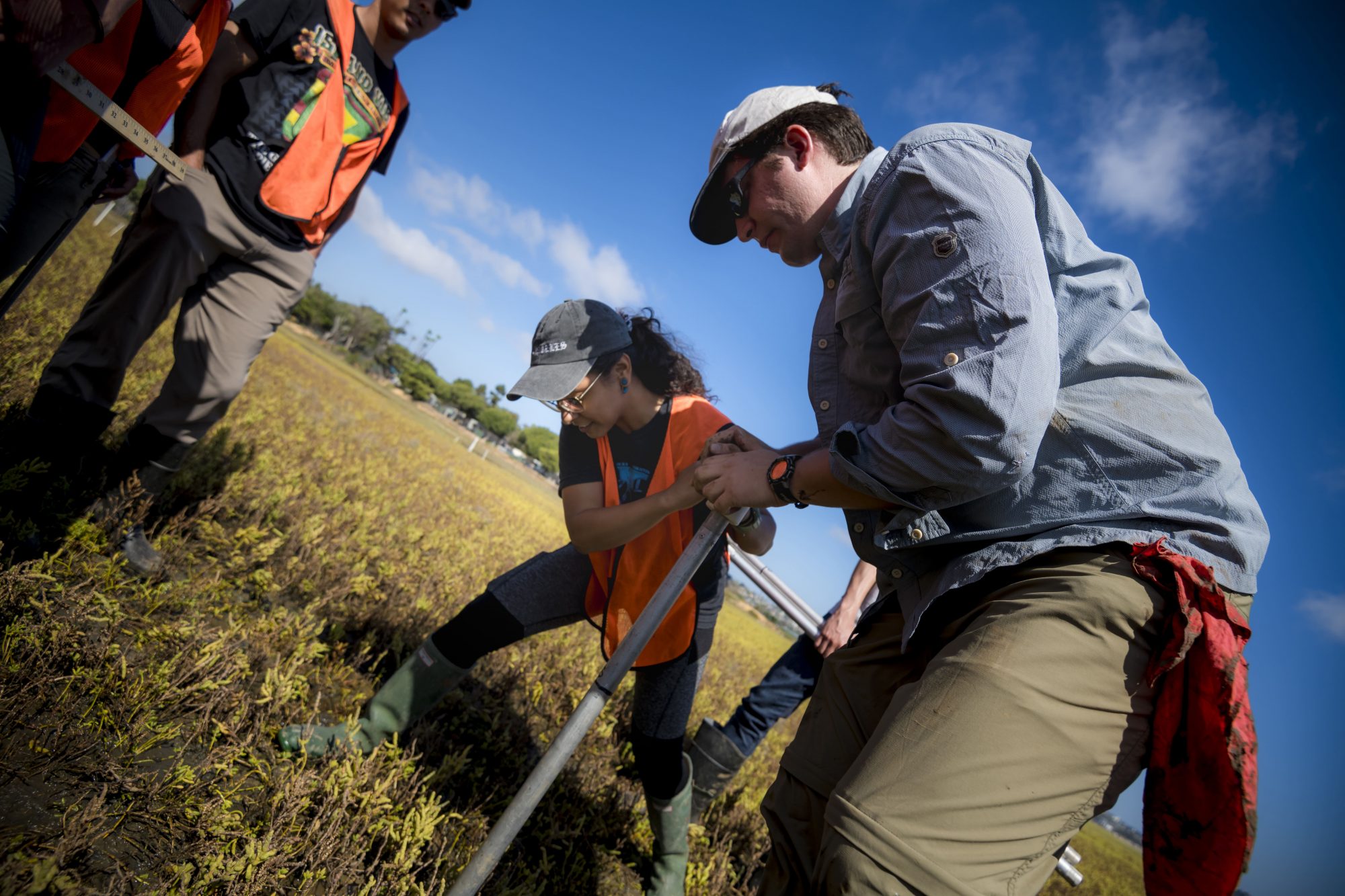
Our graduates are key contributors in the societal transformation climate challenges demand
If we wish to avoid the worst consequences of climate change, we must take immediate, significant action at the local, state, national, and international level. Most importantly, we must drastically limit the amount of carbon and other heat-trapping gases we emit and increase our capacity to adapt to threats associated with ongoing climate change, such as extreme heat waves and intensified flooding events.
Students in the Master of Advanced Studies in Climate Science and Policy (MAS CSP) Program explore climate change from an interdisciplinary perspective, learning about the interconnected scientific, policy and political dimensions of climate change. Key areas of focus in the MAS CSP Program include the physical science basis of climate change, the impacts of ongoing climate change on human and ecological systems, existing climate politics and governance, and how to communicate climate information to key audiences.

Photo: Erik Jepsen

Photo: Erik Jepsen
We carefully consider the range of potential responses and solutions available to help avoid the worst consequences of climate change. Cities engaged in climate action planning, state regulatory agencies, private firms advising clients about reducing their carbon footprint, and many others, all require professionals with a strong understanding of the key concepts in climate science and policy.
Our graduates possess a broad understanding of the potential solutions to help government and industry achieve their energy reduction and climate mitigation and adaptation targets. Moreover, our alumni are poised to lead the societal transformation required to navigate the ongoing climate challenge.
